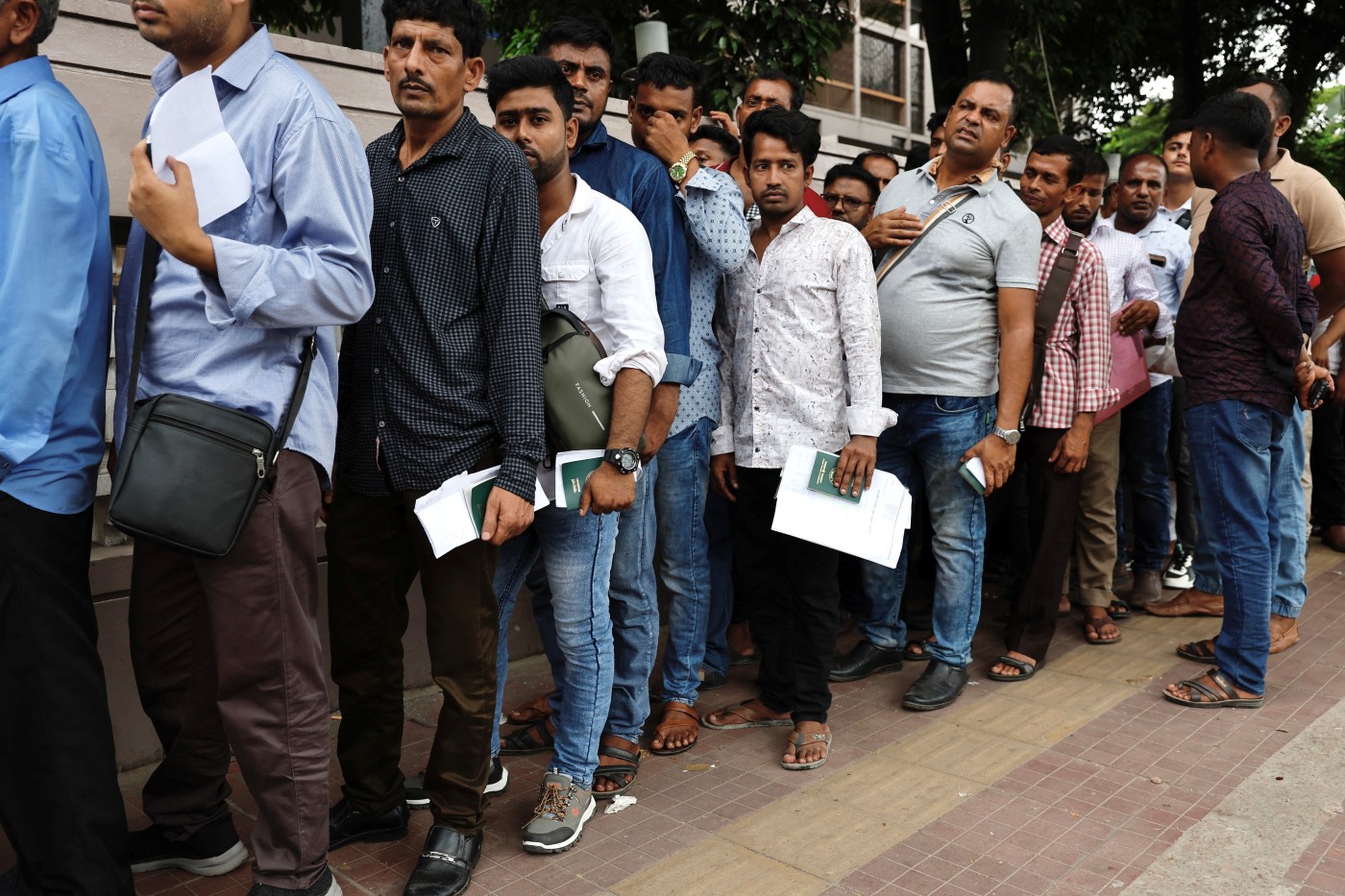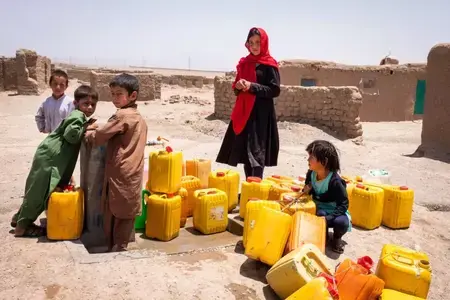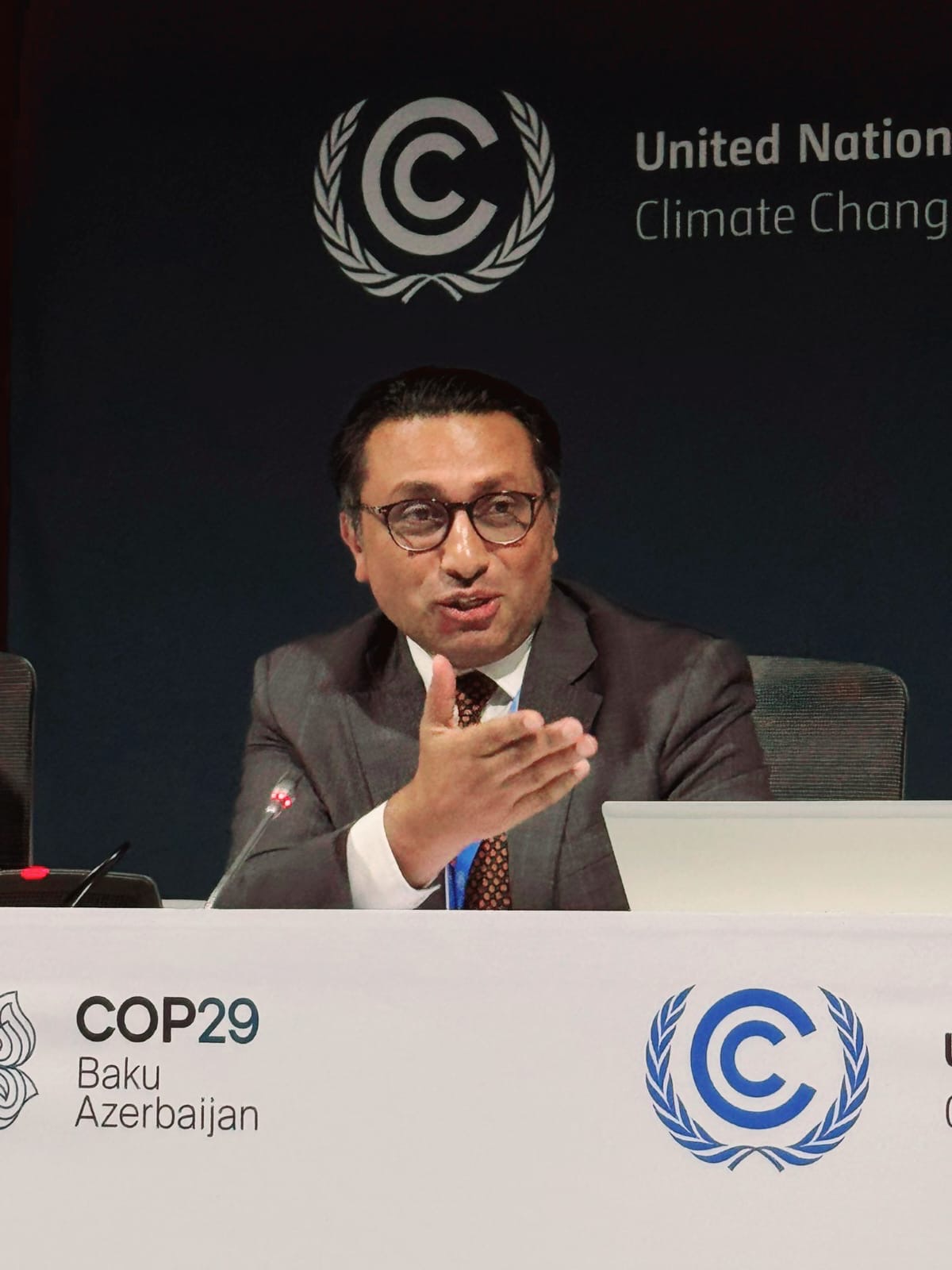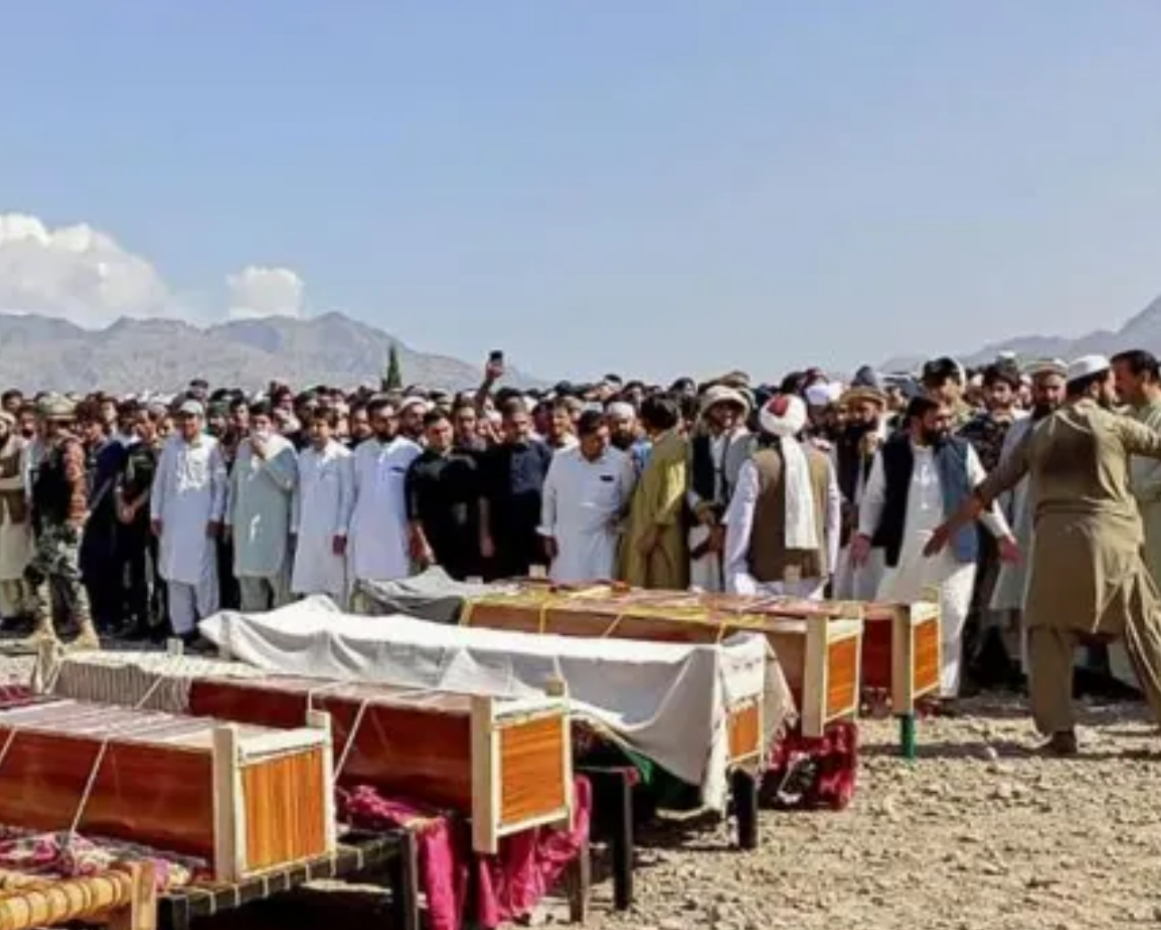Nepal re-elected to UN Human Rights Council

Kathmandu, ANI– Nepal has been re-elected as a member of the United Nations Human Rights Council (HRC) in the elections held at UN Headquarters in New York on Tuesday, Nepal’s Ministry of Foreign Affairs announced.
“Currently serving as a member of the Council since January 2018, Nepal has been re-elected with 150 votes and will serve a consecutive three-year term of 2021-2023,” a release from the Ministry stated.
Upon conclusion of the elections, Ambassador/Permanent Representative of Nepal to the United Nations Amrit Bahadur Rai termed Nepal’s re-election as the “international community’s acknowledgment of our progressive journey on political and human rights fronts.””It is also recognition of Nepal’s efforts in the protection and promotion of human rights both at home and across the globe, including through our peacekeepers,” Rai said.
“Nepal would continue to contribute to the work of the Council in promoting an apolitical and impartial approach to human rights through a unique perspective of a land-locked and least developed country striving for socio-economic transformation,” he added.
Expressing gratitude to the UN Member States for their trust and confidence in Nepal’s capabilities to serve in the Council as their elected member, Rai emphasised that Nepal would continue to strive, with a sense of a great deal of responsibility, to promote the ideals of justice, peace and progress for all, placing the human rights needs of the most vulnerable groups of people at the centre.
Nepal is re-elected in UN Human Right Council for second term with 150 votes. We are grateful to the friendly nations for their support. Thanks to the Nepali Missions in New York and Geneva for hard work.
— Pradeep Gyawali (@PradeepgyawaliK) October 13, 2020
Established by the UN General Assembly in 2006 as the principal United Nations entity dealing with human rights, the Human Rights Council consists of 47 elected Member States.
The Council seats are allocated, on the basis of equitable geographical distribution, to the five regional groups as follows: the African States, 13 seats; Asia-Pacific States, 13 seats; the Eastern European States, 6 seats; Latin American and Caribbean States, 8 seats; and Western European and other States, 7 seats.


















Facebook Comments